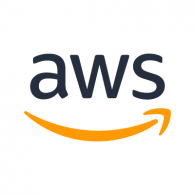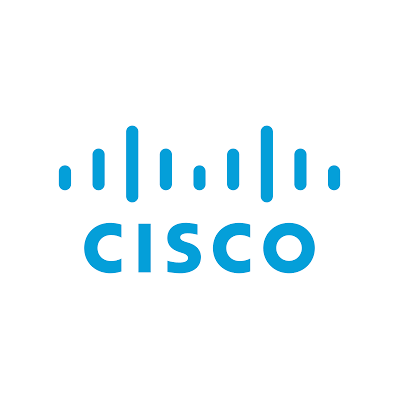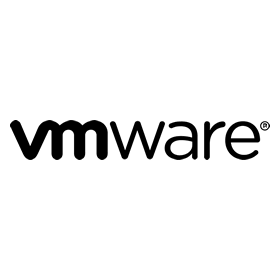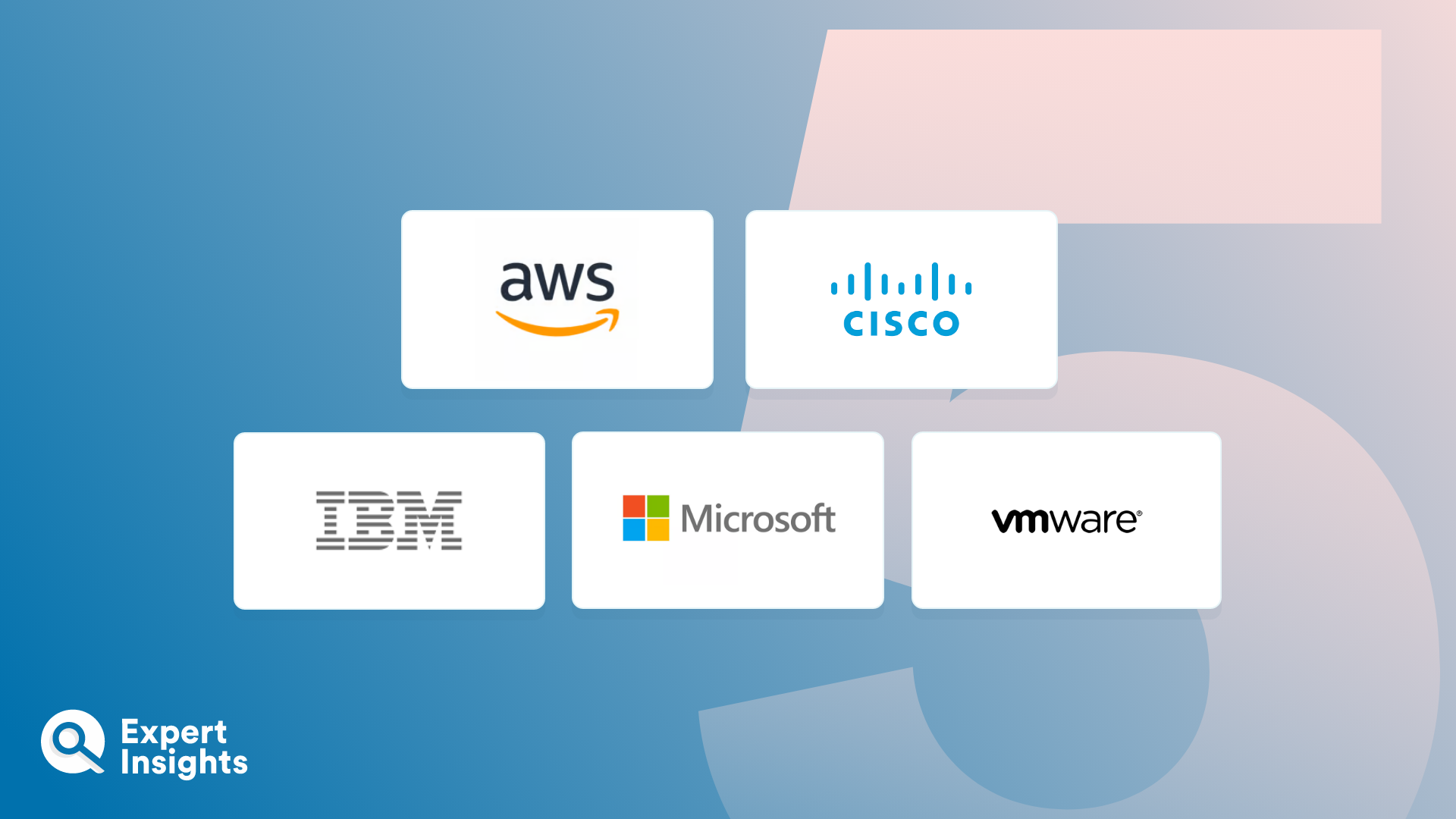IT infrastructure solutions can include everything from computing networks to data platforms, and data storage. IT infrastructure solutions must effectively support various IT components such as hardware, software, and various network resources – allowing IT teams to manage their operations efficiently. They should deliver robust data security, operational efficiency, and seamless connectivity.
There’s an assortment of IT infrastructure solutions, ranging traditional hardware infrastructure, to cloud environments and edge computing to data centers, virtualization, and end-user computing. A top-tier IT infrastructure solution provides businesses with flexibility, scalability, and ease of integration with existing systems. The right solution further simplifies processes, reduces cost, improves productivity, enhances service delivery, and ensures data is safeguarded against potential breaches.
Given the range of options available, selecting the right IT infrastructure solution can be a daunting task. In this article we’ll deep dive into the features, capabilities, and advantages of the top IT infrastructure solutions. This guide is based on our own product analysis, user feedback, and the overall market reputation of the vendors.











